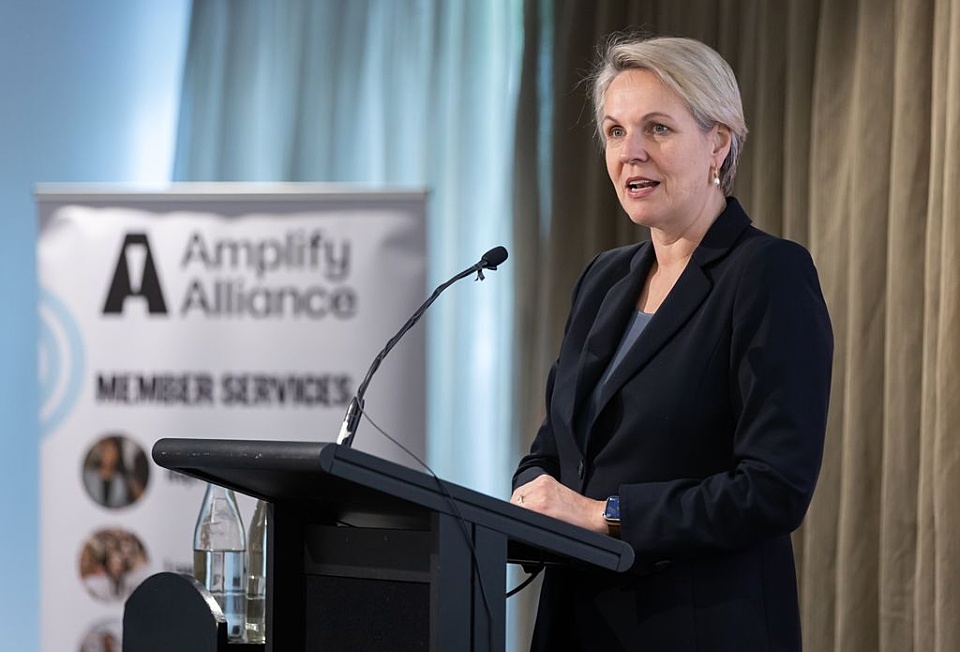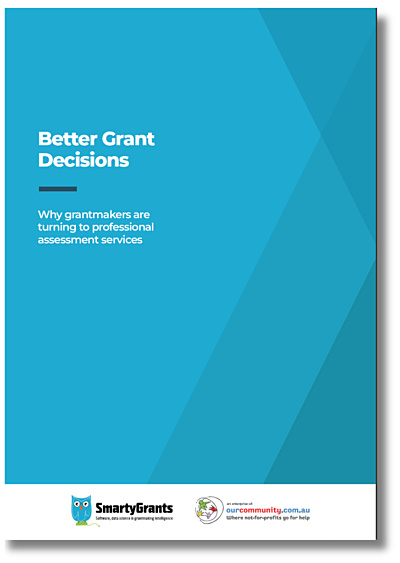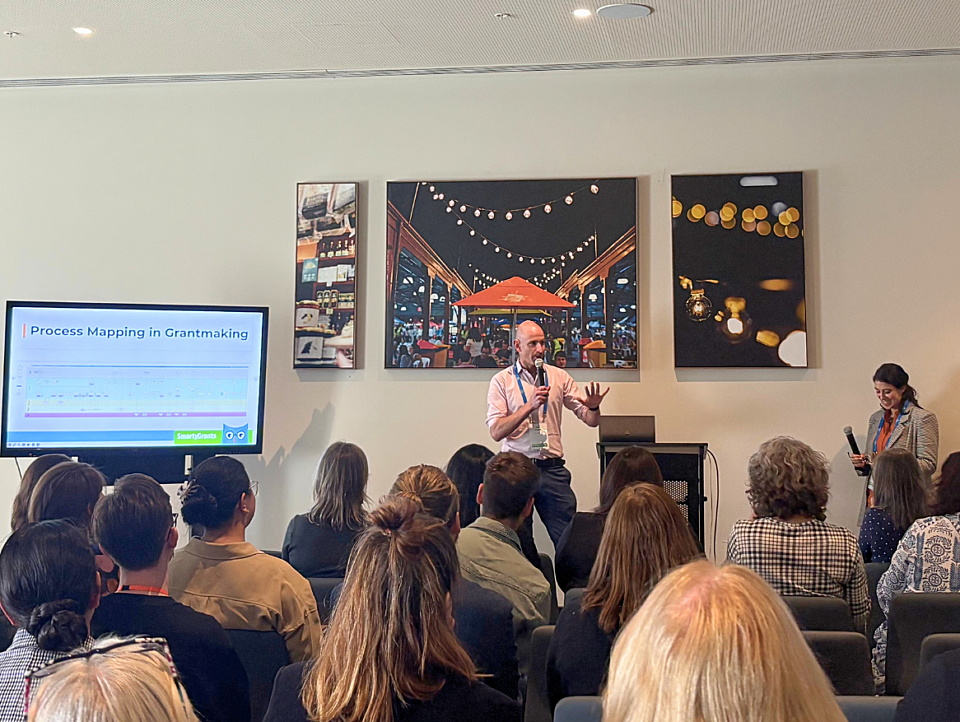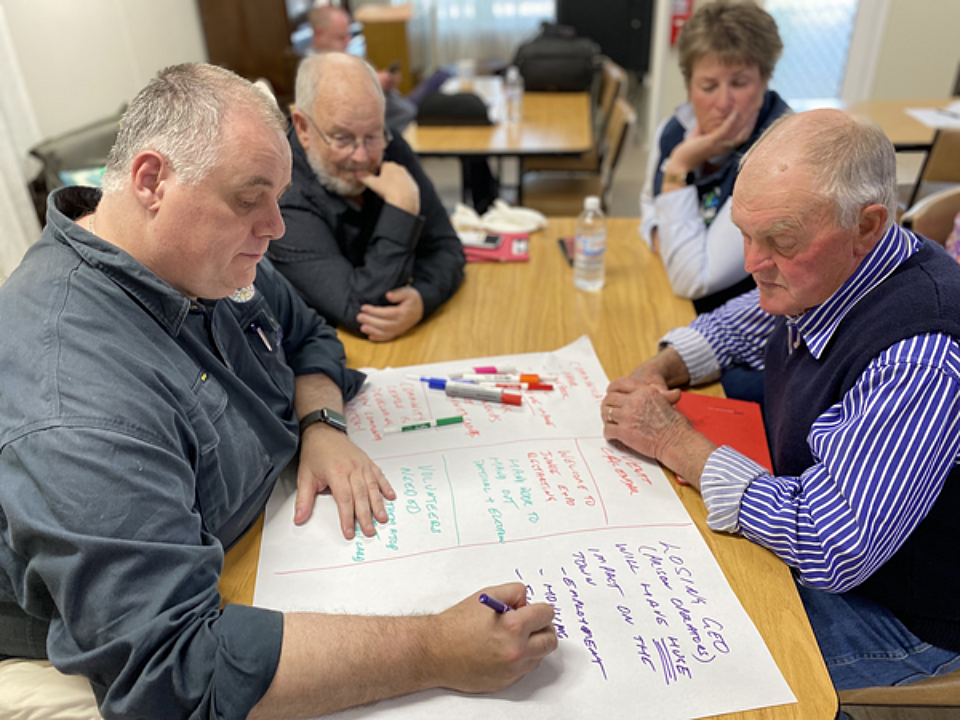
Feds flag human services grants shakeup
Posted on 15 Dec 2025
The federal government is trialling longer-term contracts for not-for-profits that deliver…
Posted on 24 Nov 2025
By Matthew Schulz, journalist, Institute of Grants Management

The deployment of third-party grant assessors can reduce the risks to funders of corruption, conflict of interest and reputational damage, according to a professional grants management expert.

SmartyGrants managed services leader Stephen Foxworthy said his team’s recent in-depth review of grants audits demonstrated the need for further reform in the area.
Speaking ahead of a presentation on the issue at the Melbourne “Grantmaking Muster”, Foxworthy said the use of independent assessors could reduce reputational and political risks linked to assessments by those with perceived or actual conflicts of interests.
SmartyGrants offers its own assessment service, which Foxworthy described as a response to “the need to improve the fairness, consistency and integrity of funding decisions”.
He said that audits in each state and territory, reviews by the federal grants watchdog, and parliamentary oversight committees have repeatedly raised concerns about the integrity of grants, particularly those subject to pork-barrelling claims in the lead-up to elections.
Government grant guidelines in multiple states warn that the risk of conflicts of interest can be at its greatest at the assessment stage, a fact highlighted by an in-depth investigation into grants administration by the South Australian Independent Commission Against Corruption (ICAC) last year.
“Decisions made to provide grants funding to individuals and organisations should show good planning and assessment, be made in an equitable manner, be open to scrutiny, and demonstrate value for public money,” wrote the then ICAC commissioner Ann Vanstone. “Decisions made with disregard of these standards erode public confidence and raise suspicions of corruption.”
Foxworthy said external assessors could help reduce real or perceived conflicts of interest, counter the limited training of internal assessors, and strengthen public trust in government and philanthropic grants.

The Institute of Grants Management, SmartyGrants’ grants education arm, has previously examined what constitutes best practice for assessment panels, including those where assessors have an interest.
The Community Broadcasting Foundation, for example, looks for assessors who work in community broadcasting, since they are the subject matter experts.
The foundation is careful to ensure assessors declare any interests, can’t review their own applications, are not able to see information about those grants in which they have an interest, and are reminded of their obligations. In some cases, funders may protect the identity of assessors to avoid the risks of their being pressured.
Foxworthy said that arm’s length assessments could increase probity, reduce bias, ensure merit-based assessment, and offer the ability to scale up assessments for larger programs, when needed.
He said grant applicants may perceive independent assessments to be fairer, while for funders they signal a commitment to transparency.

Posted on 15 Dec 2025
The federal government is trialling longer-term contracts for not-for-profits that deliver…

Posted on 15 Dec 2025
A Queensland audit has made a string of critical findings about the handling of grants in a $330…

Posted on 15 Dec 2025
The federal government’s recent reforms to the Commonwealth procurement rules (CPRs) mark a pivotal…

Posted on 15 Dec 2025
With billions of dollars at stake – including vast sums being allocated by governments –grantmakers…

Posted on 15 Dec 2025
Nearly 100 grantmakers converged on Melbourne recently to address the big issues facing the…

Posted on 10 Dec 2025
Just one-in-four not-for-profits feels financially sustainable, according to a new survey by the…

Posted on 10 Dec 2025
The Foundation for Rural & Regional Renewal (FRRR) has released a new free data tool to offer…

Posted on 10 Dec 2025
A major new report says a cohesive, national, all-governments strategy is required to ensure better…

Posted on 08 Dec 2025
A pioneering welfare effort that helps solo mums into self-employment, a First Nations-led impact…

Posted on 24 Nov 2025
The deployment of third-party grant assessors can reduce the risks to funders of corruption,…

Posted on 21 Oct 2025
An artificial intelligence tool to help not-for-profits and charities craft stronger grant…

Posted on 21 Oct 2025
Artificial intelligence (AI) is becoming an essential tool for not-for-profits seeking to win…